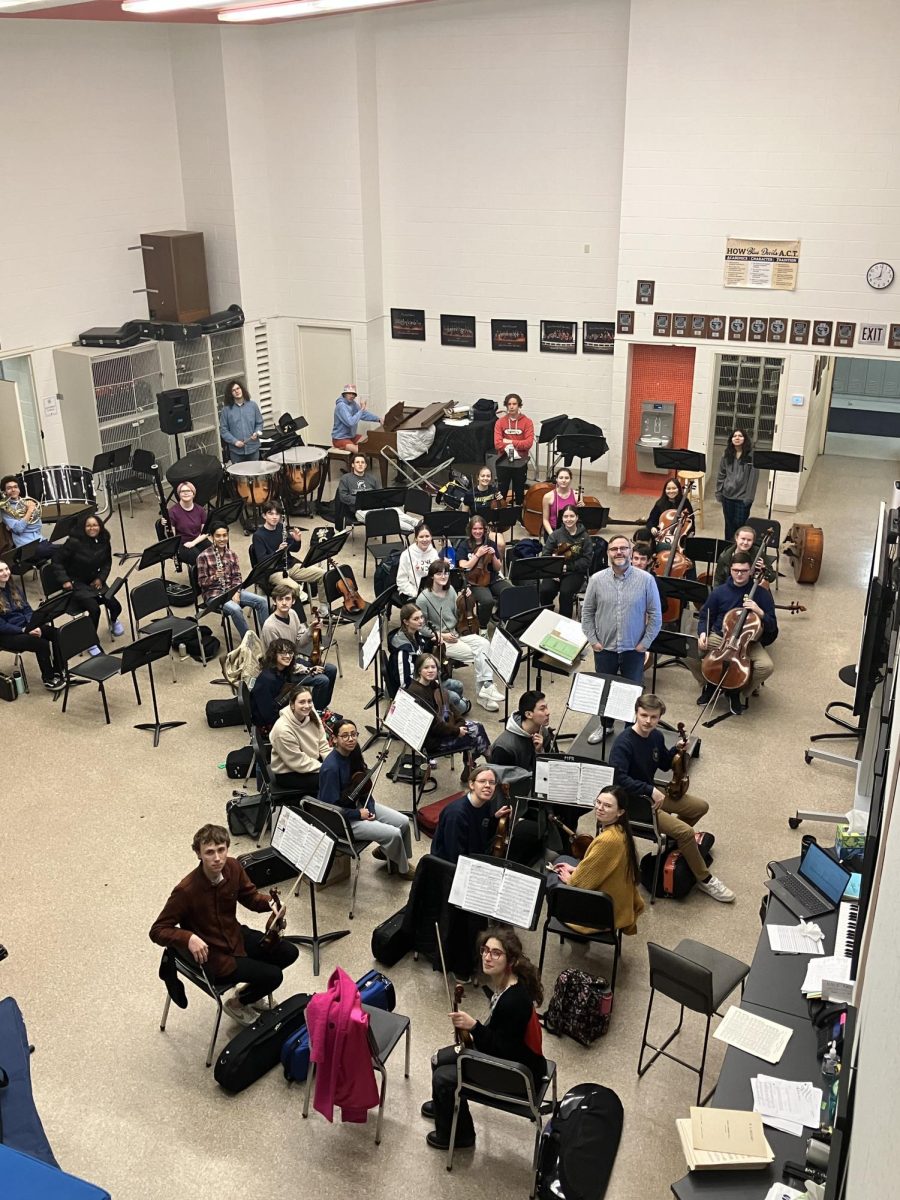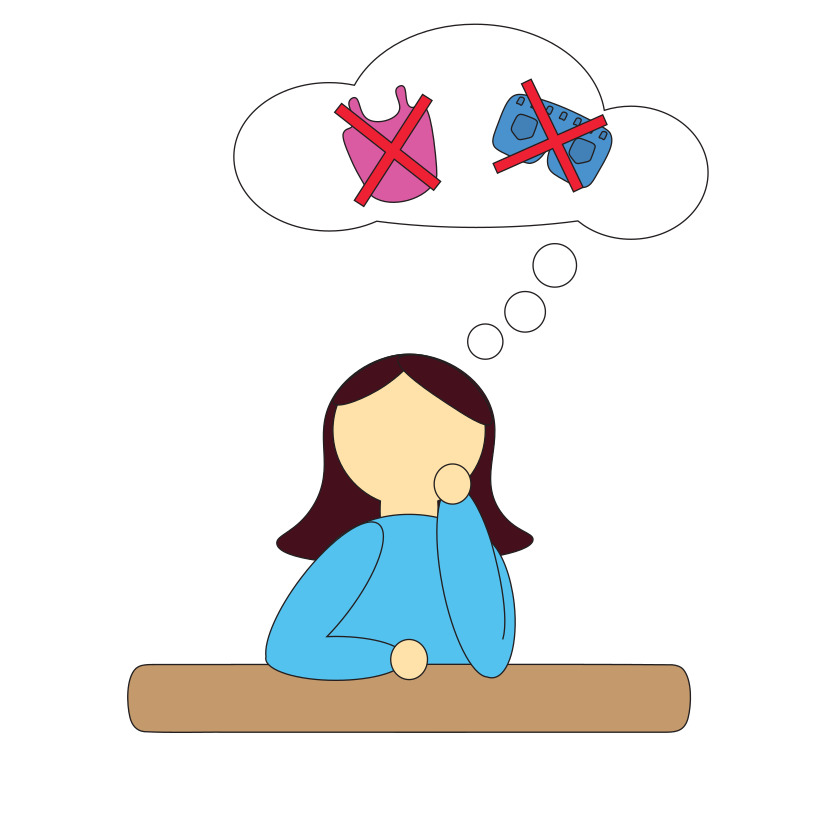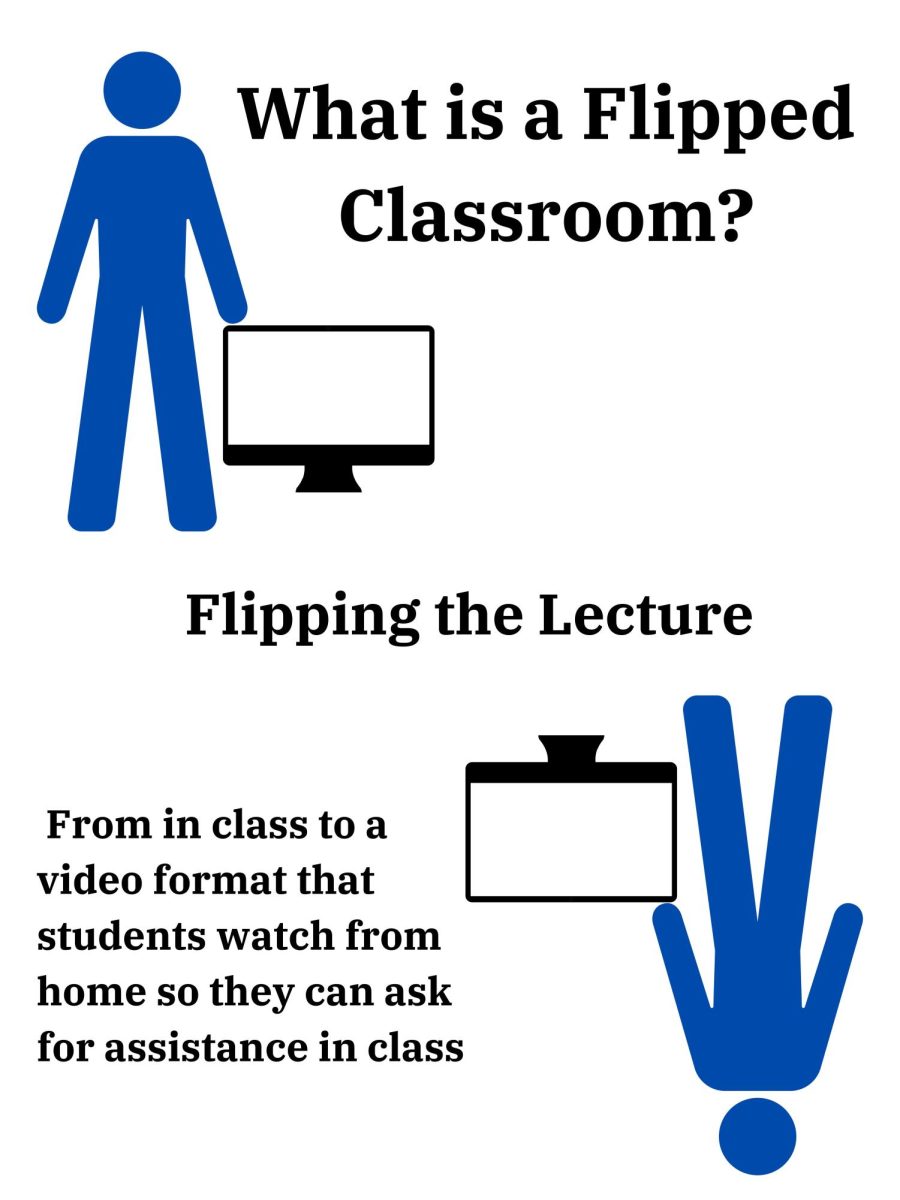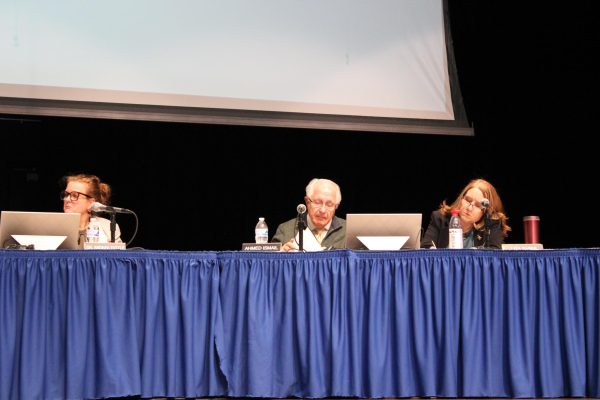“Abstinence-based” curriculum in health class promotes awareness for students sexual activity
South has an abstinence-based sex education program, which lead one to wonder, how does South teach consent.
Nicole Westfall has been the health teacher at South for two and a half years, also teaching at Brownell, North and South on and off prior to South since 1997, she said.
According to both Westfall and Director of Secondary Instruction, Maureen Burr, South’s sex education program is abstinence-based. Burr said this program was approved by a committee of teachers, students, a clergy person, a medical health professional and administrators.
“What we try to do is make sure that we’re giving kids information that they’re ready to handle and that we’re helping them to make responsible, respectful choices,” Burr said.
However, Burr said there is in fact a difference between an abstinence-only program and an abstinence-based program.
An abstinence-based program like the one at South emphasizes that abstinence is the only way one can be 100 percent protected from unwanted pregnancy and sexually transmitted infections and diseases. In addition to that, an abstinence-based curriculum also teaches students about practicing safe sex and the use of contraceptives.
According to Westfall, South promotes abstinence but also includes a contraception unit.
In contrast, an abstinence-only program doesn’t inform students about contraceptives or about how to practice safe sex, but focuses entirely on the importance of abstinence.
“I would definitely say we link everything back to abstinence because we talk about HIV, and you cannot get HIV if you abstain from sex or injecting drugs,” Westfall said.
Since South has an abstinence-based program, students do study consent. Westfall said her classes spend about three days within their semester in class studying consent.
During the consent study, Westfall said students look up laws and cases of situations, and talk about scenarios and truths and myths related to sexual consent.
“The class taught me how to make smart decisions,” Chase Johnson ’18 said.
Although the current abstinence-based sex-ed program is approved by administration and well-liked by Westfall, she said, the curriculum is currently under review because it has not been updated since 1997, and the movies shown in class are very outdated, Westfall said.
“I think the curriculum is great. We just need to get it a little updated with some newer materials and videos,” Westfall said.
Westfall said she is troubled that some South students have the opportunity to opt out of health by fulfilling additional credits in other courses, since by opting out of health class, some students won’t know about laws regarding consent and how to protect themselves from getting STDs.
“They are not getting the material and linking it back to abstinence, or talking about how to protect themselves from getting STDs, and I think that is a big concern that kids are opting out from that,” Westfall said.






















































































